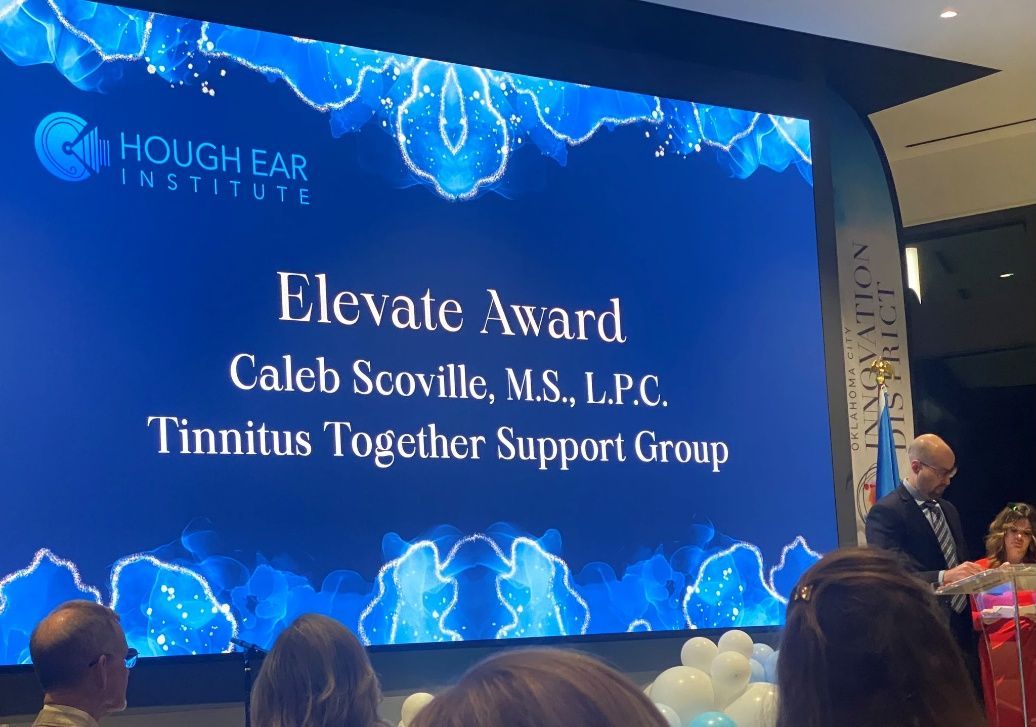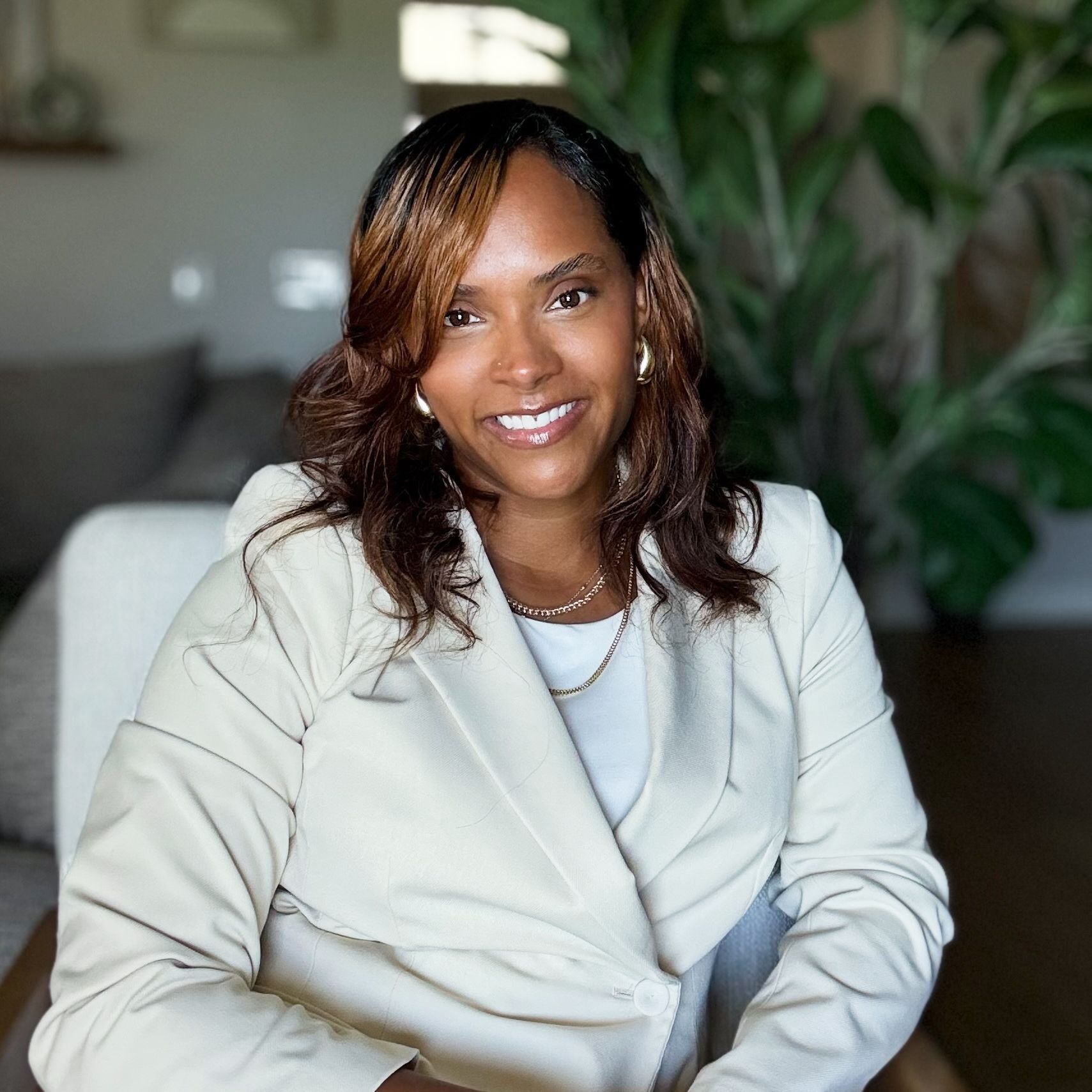As our family walked through our dark hours, I began to carry around a new bag, stuffed with emotions that typically weren’t mine to carry. One of the most profound “anger.” It was the kind of anger that looked more like hate and it ate away at me. This was pain deeper than I had ever imagined, leaving me in circumstances that were unfamiliar and a future I feared more than hoped for. This “bag” was heavy and I knew it would define me if I allowed it. I also knew for the first time that I could shove that bag behind some stuff in the closet and try to forget about it and just move forward. But this bag was big and it was toxic and it wasn’t going anywhere, if I didn’t do something about it myself.
Moving forward was so hard. I recalled the words of Mother Teresa, “You don’t know God is all you need, until He’s all you’ve got.” We’d lost so much, but I still had my husband and two kids, so as best as I could, I tried to believe her. I grabbed on her words like a lifeline, trying to move forward, watching pieces begin to fall together as we rebuilt our lives. Slowly, I began to step into hope, with that “bag of emotions” tucked safely inside of the closet. But what I realized was that the word “forgiveness” is actually quite powerful, because each time I heard it, that “bag of emotions” would come tumbling out of the closet and spill itself all over the floor, leaving me raw, overwhelmed and angry. The word “forgiveness” actually stopped me in my tracks and showed me exactly where I was at in my healing. As a therapist, I knew I couldn’t stay here.
I was challenged by someone to write letters that I would never send to those that hurt me and my family, I pushed through the walls of anger and exposed the raw pain that the anger had covered up, blocking me from my own healing. It was hard and I worked through grief I didn’t expect. But, I also learned several things:
- I could get through it
- God is enough
- There is actual freedom on the other side.
- I had to go through all of the stages of grief to experience that freedom, and any pit stop in the areas of anger/blame/resentment, or bargaining/guilt/codependency, or denial in any form would only serve to block me from dealing with the pain.
- Dealing with pain, was exactly what led me to my own recovery.
- Forgiveness came naturally for the first time, after I allowed myself to go into the dark places of my pain. And, I will never forget a lady named “Leslie” who walked through this painstaking journey with me.
In the Bible, Jesus says to forgive not 7 times, but 70x7. I always believed that this symbolized a type of forgiveness that know no limits; but, I also wonder if perhaps Jesus says this because He understood that real forgiveness might be a process? But, it also says to forgive as we have been forgiven, as an essential to being made right with God. And, it isn’t just asked in the Christian Faith, it’s expected. So, out of obedience, we step into it, 70x7, until it isn’t just words or a behavior: it is a true heart change, and includes the healing and freedom that we desire.
So, if you will bear with me, a few more thoughts on forgiveness. I’ve had the honor of walking through this process with people who have had great difficulty in forgiving themselves for something. I want to remind you of the power of forgiving yourself. We are all human. We all make mistakes and decisions that we wish we could re-write. But, I want to offer to you that if you can hang in there through the guilt, shame and repentances that may need to be made, you may truly have an opportunity to experience God’s love and forgiveness on a greater level than you ever imagined.
In the Bible there was the story of the prostitute who was about to be stoned to death by religious others, met Jesus in the context of a profound, short, but life-changing conversation. (John 8:1-11) The religious teachers and Pharisees asked Jesus if they should “stone” her as Moses had indicated. Jesus drew something in the sand and then stood and said, “He who is without sin, cast the first stone.” Each realizing they too had fallen short in various ways, dropped their stones and walked away. Here is the pivotal piece: Jesus then says to her, “Where are your accusers?” She says, “No one, Lord.” She had look up, out of fear and shame, and meet Jesus, eye to eye. I believe He asked her to look up, to see He had seen her, protected her and forgave her. Then He says, “Then neither do I condemn. Go no more in sin.” He is relational. He forgives. He gives new beginnings. He calls us to greater things. We are loved. Not because of what we do, but because of who He is.
Forgiveness is such a complex concept that no article could ever do it justice. I don’t know that it is ours to impose the act of forgiveness on another, but, the answer to this question often helps us to gauge where we are in our own healing process. And, the emotions that are revealed often act as the guide. Surely, forgiving another is a blessing that can be beyond comprehension, for the forgiven. But this article was actually written for the broken-hearted, struggling to forgive.
I told you of the bag of emotions that blocked my own healing for a time... So, tell me, what’s in your bag?







